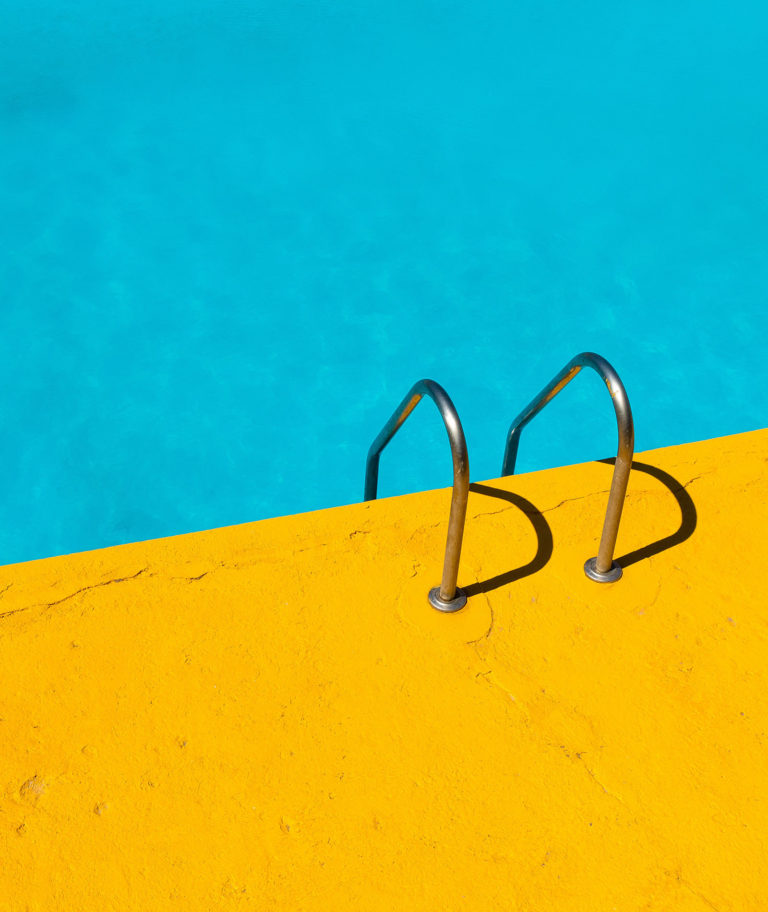Understanding Liability in Swimming Pool Accidents in West Palm Beach

Swimming pool accidents can lead to serious injuries and complex legal issues. In West Palm Beach, determining liability in such cases is essential for seeking compensation and addressing the responsible parties. This blog post provides an overview of how liability is assessed in swimming pool accidents and what factors influence responsibility.
Types of Swimming Pool Accidents
- Drowning or Near-Drowning: These incidents occur when someone struggles in the water and cannot breathe, often due to lack of supervision or unsafe conditions.
- Slip and Fall: Accidents can happen on wet pool decks or around the pool area, leading to slips, falls, and injuries.
- Pool Drain Injuries: Injuries can occur if a pool’s drain or suction system causes entrapment or severe injury.
- Diving Accidents: Injuries resulting from diving into shallow water or hitting pool edges.
- Pool Equipment Injuries: Accidents involving defective or poorly maintained pool equipment, such as slides or diving boards.
Key Factors in Determining Liability
- Property Owner’s Responsibilities: Pool owners must maintain a safe environment and adhere to local safety regulations. This includes ensuring proper fencing, signage, and supervision, as well as regular maintenance of the pool and equipment.
- Negligence: Liability often hinges on whether the pool owner or operator was negligent. Negligence can include failure to maintain the pool, inadequate supervision, or not addressing known hazards.
- Regulatory Compliance: Pool owners must comply with local and state regulations regarding pool safety. Non-compliance with these regulations can be a significant factor in determining liability.
- Supervision: Adequate supervision is crucial, especially in public or shared pools. If a lifeguard or other responsible individual fails to act appropriately, this can impact liability.
- Pool Conditions: Assessing the condition of the pool, including cleanliness, water levels, and safety equipment, is essential. Unsafe conditions that contribute to an accident can indicate liability.
- Contributory Factors: In some cases, the behavior of the injured party can affect liability. For example, if someone was engaging in reckless behavior, it may impact the determination of fault.
Steps to Take After a Swimming Pool Accident
- Seek Medical Attention: Ensure that any injuries are promptly treated and documented. Medical records are crucial for supporting your claim.
- Document the Scene: Gather evidence from the accident scene, including photographs of the pool area, any visible hazards, and witness statements. This documentation helps establish the conditions that led to the accident.
- Report the Incident: Notify the property owner or manager of the accident. This report can be important for legal and insurance purposes.
- Consult an Attorney: Speak with a personal injury attorney who has experience with swimming pool accidents. They can help you understand your rights, evaluate your case, and guide you through the legal process.
- Collect Evidence: Collect all relevant evidence, including medical records, repair records, and any correspondence with the property owner or insurance companies. This evidence supports your claim for compensation.
Potential Challenges in Swimming Pool Accident Cases
- Determining Fault: Establishing liability can be complex, especially if multiple parties are involved. Thorough investigation and expert testimony may be necessary.
- Regulatory Compliance: Understanding and proving that the pool owner failed to meet safety regulations can be challenging. Legal expertise is often needed to navigate these issues.
- Insurance Disputes: Insurance companies may dispute liability or the extent of damages. Effective negotiation and legal representation are crucial for addressing these disputes.
- Proving Negligence: Demonstrating that negligence led to the accident requires detailed evidence and analysis. Expert opinions and comprehensive documentation are often necessary.
Conclusion
Understanding liability in swimming pool accidents in West Palm Beach involves evaluating the responsibilities of pool owners, conditions of the pool, and any potential negligence. By documenting the accident, reporting the incident, and consulting with an experienced personal injury attorney, you can effectively navigate the complexities of seeking compensation. Addressing these issues thoroughly helps ensure that your rights are protected and that you receive the compensation you deserve.

 Call Us Today - It's Free
Call Us Today - It's Free